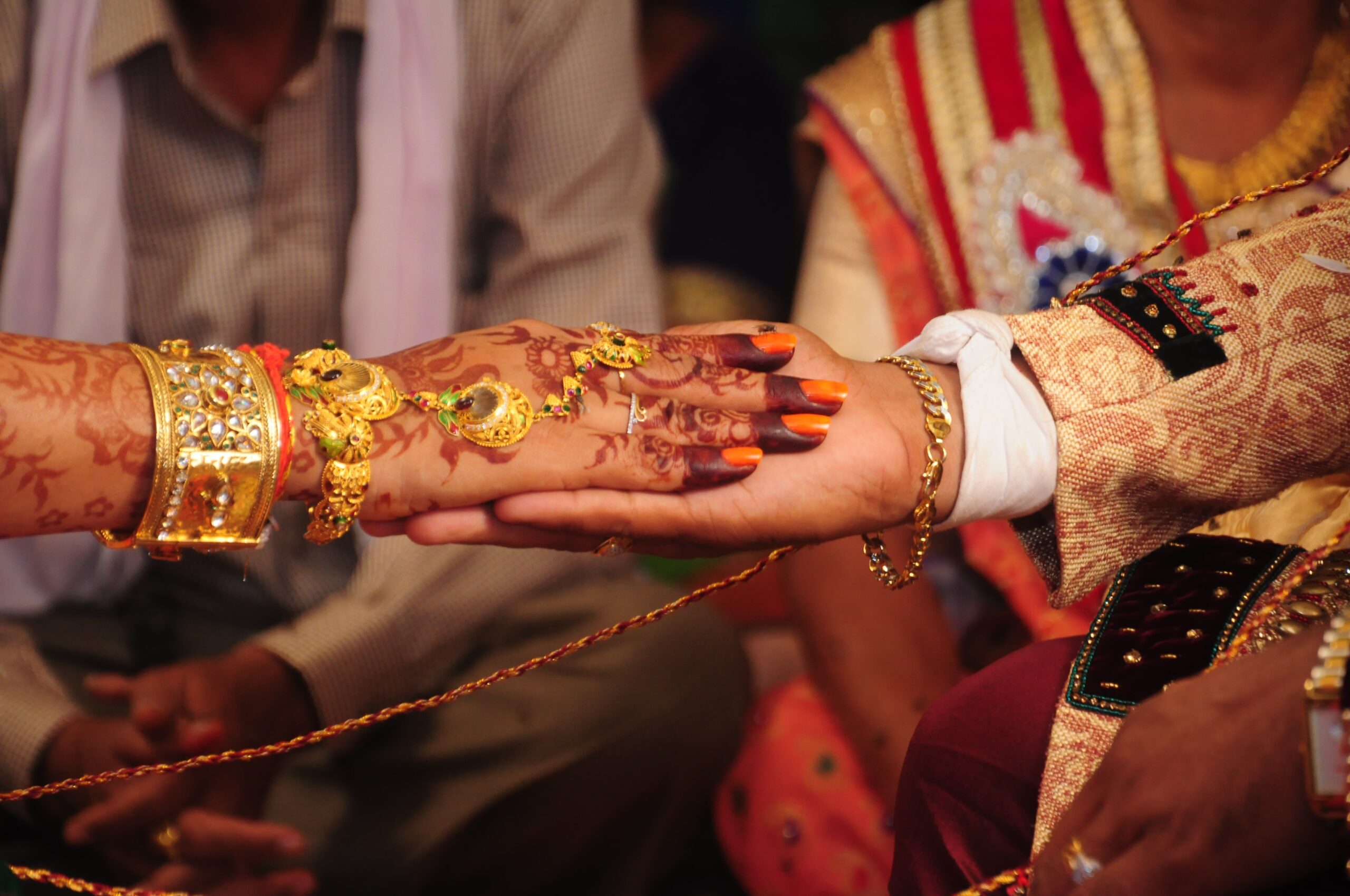Fire is considered to be one of the most sacred elements in Hinduism, and it plays a significant role in various religious rituals and ceremonies. The Kamma community, like many other Hindu communities, also incorporates the use of fire during their marriage ceremonies. Fire is a symbol of purity, energy, and life force, and it has a deep spiritual significance in Hinduism. In this article, we will explore the importance of fire during the marriage ceremony in the Kamma community.
Significance of Fire in Hinduism
In Hinduism, fire is considered to be a manifestation of the divine, and it is believed to have the power to purify, sanctify, and transform. Fire is also associated with the god Agni, who is the messenger of the gods and the god of fire. Agni is believed to be the bridge between the gods and humans and is worshipped in many Hindu rituals and ceremonies. The use of fire in the marriage ceremony symbolizes the presence of Agni, and it is believed to bring good fortune and prosperity to the newlywed couple.
The Ritual of Lighting the Sacred Fire
The ritual of lighting the sacred fire, also known as the Homa or Havan, is an important part of the marriage ceremony in the Kamma community. The fire is lit using ghee, which is clarified butter, and dried wood, and it is placed in a special container known as the Havan Kund. The Havan Kund is a square-shaped metal container that is used specifically for this purpose. The priest then chants mantras while offering various items such as rice, flowers, and fruits to the fire.
The Significance of the Four Phases of the Sacred Fire
During the marriage ceremony, the sacred fire is used in four phases, each of which has its own significance.
- Kunda Havan: This is the first phase of the sacred fire, and it is used to invoke the blessings of the gods and goddesses. The priest offers ghee and other items to the fire while chanting mantras.
- Laja Havan: In this phase, the couple offers puffed rice to the fire while making a vow to each other and to the gods. This phase symbolizes the commitment of the couple to each other and to their respective families.
- Purnahuti: This is the most important phase of the sacred fire, where the couple offers rice, sesame seeds, and ghee to the fire, while seeking the blessings of the gods for a long and prosperous married life.
- Ashirvada: In the final phase, the priest gives his blessings to the couple and wishes them a long and happy married life.
The Significance of the Saptapadi
After the four phases of the sacred fire, the couple takes seven circumambulations around the sacred fire while holding hands. This ritual is known as the Saptapadi, and it symbolizes the seven vows that the couple makes to each other. Each vow is associated with a specific promise that the couple makes to each other, such as love, respect, and loyalty. The bride and groom take seven vows, also known as Saptapadi while walking around the fire. Each vow is accompanied by a prayer to the Gods to bless the couple and their union.
The seven vows taken by the bride and groom are:
- The first vow is for the bride and groom to provide for each other’s needs.
- The second vow is to provide for the well-being and happiness of both families.
- The third vow is to uphold and respect each other’s values and beliefs.
- The fourth vow is to have trust and honesty in the relationship.
- The fifth vow is to support and encourage each other in all aspects of life.
- The sixth vow is to have children and raise them with love and care.
- The seventh vow is for the bride and groom to remain together and cherish each other for eternity.
Conclusion
The use of fire in the marriage ceremony is a deeply spiritual and symbolic tradition in Hinduism, and it plays a significant role in the marriage ceremony of the Kamma community. The sacred fire is believed to purify, sanctify, and transform, and it is a symbol of the divine presence. The four phases of the sacred fire and the seven circumambulations are important rituals that symbolize the commitment and love that the couple has for each other. The Kamma community, like many other Hindu communities, believes that the presence of fire during the marriage ceremony brings good fortune and prosperity to the newlywed couple.




